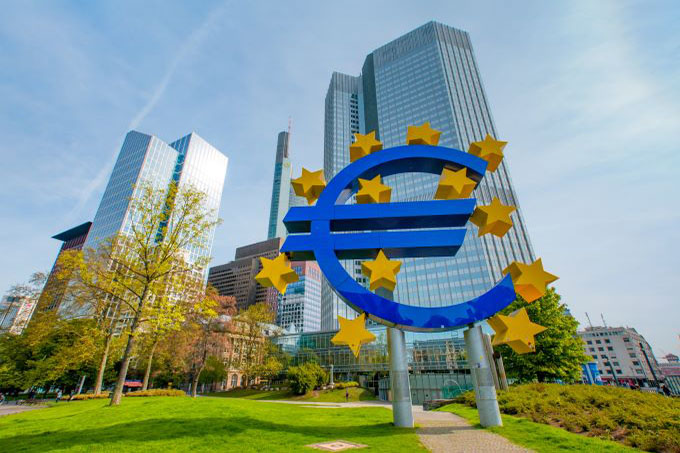The following are the most recent pieces of Forex fundamental analysis from around the world. The Forex fundamental analysis below covers the various currencies on the market and the most recent events, announcements, and global developments that affect the Forex market.
Most Recent
It had been widely expected that China would overtake Japan to be the world’s second largest economy after the United States, but figures just released have shown that Japan has held on to the number two spot, at least for the time being.
With most eyes on the Greek debt crisis and its potential implications for the Euro it is easy to forget that this is not the only source of concern in Europe currently.
All eyes are on the EU meeting today. Looks likely some assistance for Greece will be forthcoming, a debt guarantee at least. An article from the British Telegraph reporting that Mr Brown - when challenged in the Commons over Britain’s position - was unable to rule out Britain's involvement in a a Greek rescue package. Costs for a total bailout package for PIGS is estimated to be about 60 billion euros. Greece alone will require 20 billion euros.
Top Forex Brokers
Newly re-elected for his second term as Chairman of the US Federal Reserve, Ben Bernanke has started to draw up an exit strategy from the stimulus package that was put together at the height of the financial crisis to avoid meltdown of the financial system. In essence, the package was designed to enhance liquidity within the US financial system at a time when jitters over the sub-prime fiasco had all but dried up the money supply.
A good few analysts have attributed the month long fall of the Euro against the other major currencies to worries about the debt burden in Greece and nervousness about similar (but less marked) problems in Spain and Portugal. The fall will have given a boost to European exports, at least in the short term.
With inflation firmly under control within the Eurozone and the European recovery fragile, to say the least, it was no surprise that the European Central Bank (ECB) continued with its policy of low interest rates.
The Bank of England surprised few analysts by holding the UK interest rate at its record low level of 0.5% for another month. What may have been more unexpected was that the bank called a halt, at least for the time being, to its policy of “Quantitative Easing”.
Greece is a member of the 16 strong Eurogroup; the nations within the European Union that have chosen to abandon a national currency in favour of the Euro. To join this club, certain criteria had to be met and public spending and inflation need to be kept under control.
Many analysts had predicted that the Reserve Bank of Australia (RBA) would increase the cost of borrowing by a further quarter percentage point when its board met this week. Australia was the only developed nation not to slip into formal recession during the recent economic turmoil and it was the first country to increase the bank interest rates and has made three increases since October 2009.
Bonuses & Promotions
The President of the United States revealed his government’s budget plans for 2011. Although the USA has formally left recession and is growing again, there is near universal agreement that the recovery is very weak and that there is still a significant risk of further job losses.
January started brightly, but concerns about banking reforms and the Chinese economy overheating have wiped away the gains. In Europe over the course of last week, the FTSE fell by 2.2%, closing at 5188.5 and retreating by 6.3% over the month; the CAC dropped by almost 1.9% closing at 3739.4 a loss of 7.3% for the month; the Dax shed 1.5%, ending the week at 5608.8 bleeding 7.1% of its value in January.
Speaking at a luncheon at the World Economic Forum which is underway in Davos, Switzerland, George Soros seemed to endorse President Obama’s view that banks must not be allowed to be too big to be permitted to fail.
Subscribe
Sign up to get the latest market updates and free signals directly to your inbox.The Bank of Japan has maintained its policy of low interest rates following a unanimous decision of the board. The board identified tackling the deflationary pressure that is bedevilling the Japanese economy as a critical challenge and is of the opinion that the Japanese economy is improving but that continued governmental support was needed to keep things on track. The board expects the economy to shrink by a further 2.5% this year, but this view is more optimistic than their earlier prediction of a 3.2% contraction.
As widely expected, the UK formally ended its longest recession since record keeping began in 1955 in the last quarter of 2009, figures just released reveal. The UK had languished in recession for six consecutive quarters, but managed to grow by just 0.1% in the fourth quarter of 2009 which perhaps serves to underline the fragility of the recovery in the UK.
In a classic example of shutting the stable door once the horse has bolted (and possibly the wrong stable door at that) President Obama has announced his plans to change the banking sector to avert a future potential financial crisis such as the one we have been living through.




